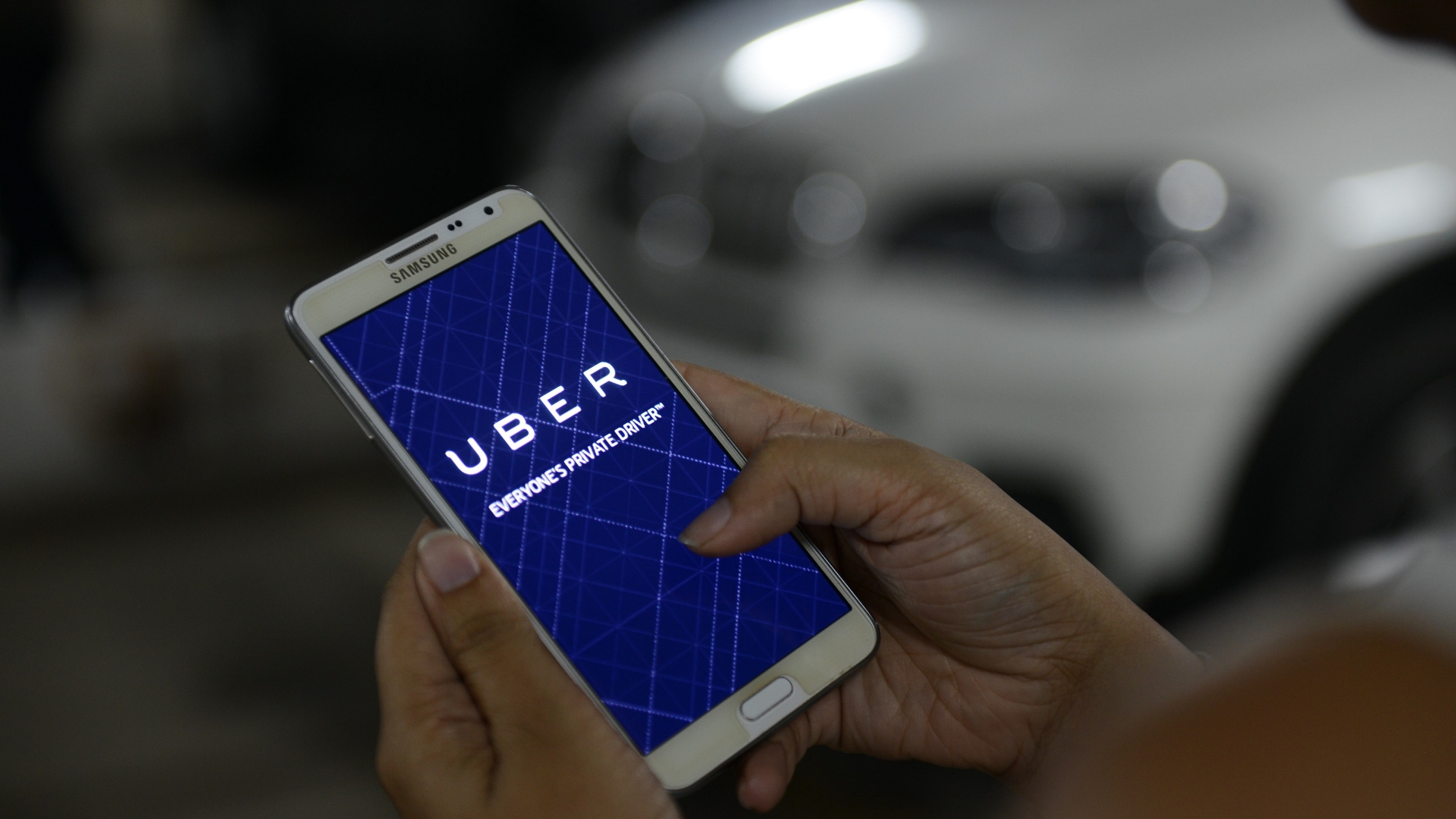

Uber can’t seem to catch a break. On top of its many current scandals, and amid increased competition, the company is now facing a one-month suspension in the Philippines.
The Land Transportation Franchising and Regulatory Board (LTFRB), the Philippine transportation regulator, announced the suspension on Monday. Uber has tried to fight it, including briefly restarting operations on Tuesday then issuing an apology Wednesday for any “misunderstanding,” reports Reuters. But the suspension still stands.
“If there was a misunderstanding on our part relative to the LTFRB’s intention with their prior order, then that was our mistake,” Uber regional executive Mike Brown told the press. “We’re here to respect the regulator and in this case, if there was a misunderstanding, I apologize.”
The suspension is rooted in the LTFRB’s decision last year to suspend acceptance and processing of driver applications for all ride-sharing services while the regulator studied possible new rules. Uber accepted new driver applications, but did not process them. Monday’s LTFRB order suspending Uber called that “irresponsible” and described it as “unduly challenging the limit of fair regulation.” LTFRB chairman Martin Delgra told Reuters the regulator was not singling out Uber, and that he hoped the issue could be resolved at an August 23 meeting.
Meanwhile, many Filipino commuters are unhappy with the decision. They tend to regard Uber as more reliable than conventional public transportation. Uber recently said it had 67,000 drivers in the Philippines. The country was the first in Southeast Asia to regulate ride-sharing services, drafting rules in 2015.
Uber’s suspension is already benefitting the company’s main Philippine rival, Grab, which operates in seven Southeast Asian countries overall. The company has reportedly experienced a surge in demand over the past few days; however, it still can’t hire new drivers because of the previous LTFRB decision.
Grab recently raised $2 billion, with some funding coming from Didi Chuxing, Uber’s onetime Chinese rival. Uber sold its Chinese operations to Didi last year, and hasn’t exactly regained momentum abroad since then. It also recently announced plans to merge its Russian operations with local firm Yandex. Trouble in the Philippines could cause Uber to lose ground in yet another international market.